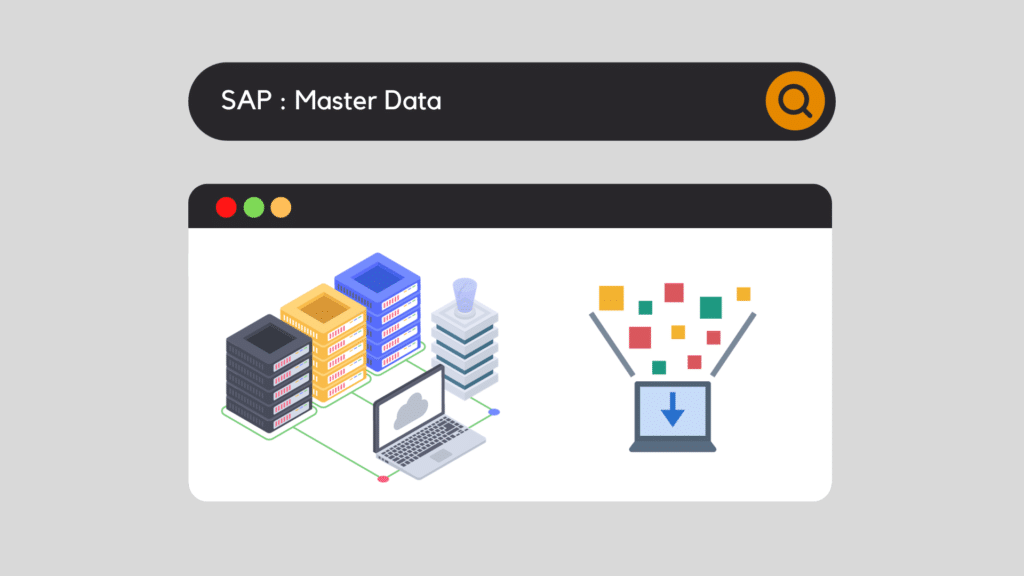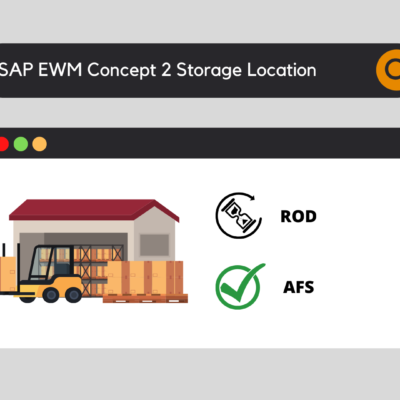
Master Data is the foundation of any successful business operation. In the SAP context, Master Data refers to the main business entities and their attributes. These are used across various modules and processes. In this article, we'll explore the importance of Master Data in SAP. But also how they impact the efficiency and accuracy of business operations.
What is Master Data in SAP?
In SAP, master data are key entities used in modules such as SD, MM, FICO. This includes data relating to customers, suppliers, materials, financial accounts, and other critical entities that guide business processes.
Importance of Master Data in SAP

Data consistency and accuracy
Master Data ensures consistency and accuracy across diverse business operations. SAP ensures data integrity by maintaining a single source for key entities. This leads to better decision-making and reduces errors and rework.
Efficient business processes
Master Data serves as a reference point for many business processes in SAP. For example, customer Master Data is essential for sales order processing, while material Master Data is crucial for purchasing and inventory management. Having accurate, up-to-date Master Data enables these processes to run smoothly and efficiently.
Reporting and Analytics
Accurate and consistent Master Data is essential for generating meaningful reports and performing data analysis in SAP. By ensuring data reliability, organizations can gain valuable insights, identify trends and make informed business decisions. Master Data is the foundation of business intelligence and reporting activities.
Integration and interoperability
In SAP, different modules are tightly integrated, and Master Data plays a crucial role in facilitating this integration. For example, customer Master Data is shared across different modules, ensuring consistency of customer information across the system. This interoperability improves process efficiency and eliminates data silos.
Compliance and regulatory requirements
Master Data in SAP helps organizations meet compliance and regulatory requirements. Accurate master data is vital for reporting, auditing and regulatory compliance. It guarantees data integrity and transparency, and helps organizations demonstrate compliance to legal and regulatory bodies.
Data governance and data quality
Master data management in SAP involves defining data governance policies, roles and responsibilities. It helps organizations establish data quality standards, data validation rules and data cleansing processes. Effective data governance ensures that master data remains consistent, accurate and reliable over time.
Best practices for Master Data management in SAP
To take full advantage of Master Data in SAP, organizations should follow these best practices:
Conclusion
Master Data is an essential part of SAP, serving as the backbone of business operations. Accuracy and integrity are key to efficiency and informed decisions. Good Master Data practices maximize SAP's potential. To give you a telling example, within S/4 HANA, the 'Business Partner' concept has gained predominant importance, consolidating various traditional roles into a single entity, thus highlighting its crucial role as Master Data for integrated and efficient management.
I invite you to consult our related article: SAP S4/HANA Business Partner : Unleash your power.
Would you like to improve your SAP skills? You can access our free training courses, or opt for our premium "Beyond the Horizon" (SAP beginners) or "Expert Training Center" (advanced) courses.

Michael Antoine
SAP technical-functional consultant, WM (Warehouse Management) and eWM (extended Warehouse Management) expert.









